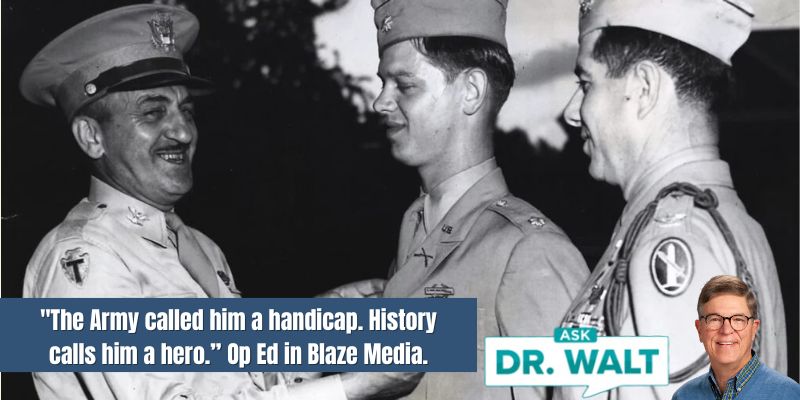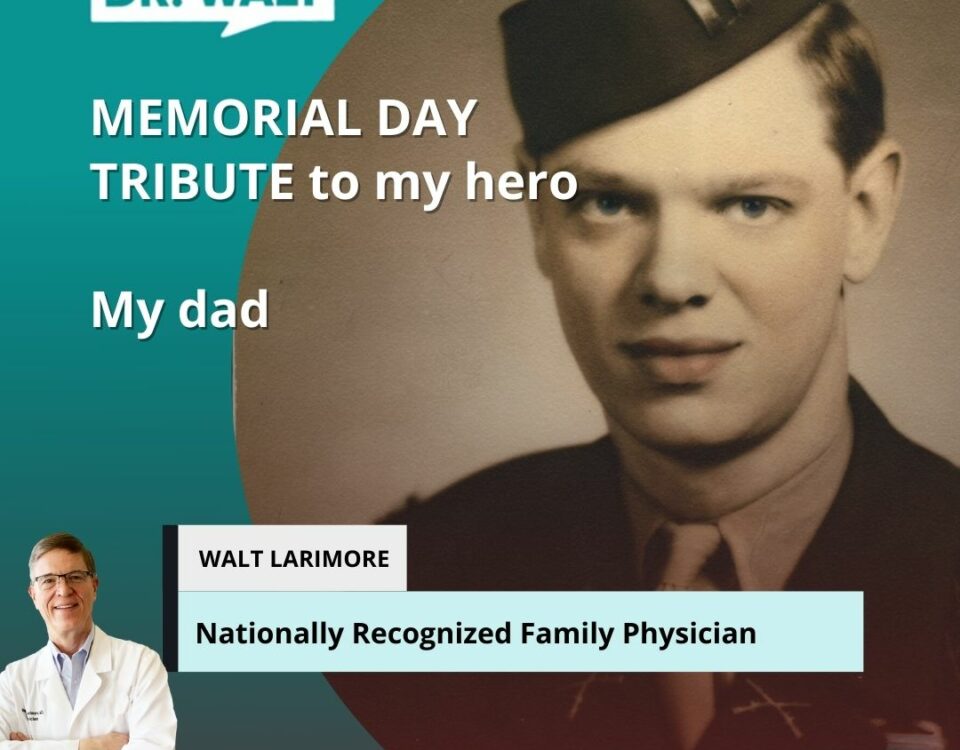
December 15, 1944 – Phil is heading into a battle of misery and attrition
December 15, 2024
When I get a cold, what works best for an acute cough ?
December 18, 2024December 16, 1944 – One of the men describes the horrible weather to which Phil was returning
As Phil was traveling to back to the front, having recovered from a serious leg gunshot wound, the weather turned from rain and mud to freezing rain, ice, and the start of a long miserable winter.It was December of 1944 and the temperature during the day was ten degrees Fahrenheit. At night it was much colder.[1]

One of Phil’s men wrote:
As the company pushed deeper into Germany, we had to ford streams, fight, and sleep with constant exposure to low temperature.
In order to get the supply personnel to bring us food, hot coffee, and dry socks, we had to threaten then with bodily harm.
The cold was so intense I didn’t think I would survive. It was so hard to breathe that our lungs ached.
It was so cold, oil in the engines froze. To get them working, you had to urinate on them and then make sure you closed your pants fast.
It seemed as though the nights lasted forever. If a tank was close by, I would huddle by it. But the time dawn arrived, a good portion of the company had frostbite.
There was little sun. It was both raining and snowing.
During the day the rain turned the snow into slush and at night the slush froze again.
One day it rained so hard our fox holes filled with water. It was like sitting in a bathtub, except the water was freezing.
We used our helmets to bail out the water. We used our helmets for everything, not just to protect our heads. Often we washed and shaved in them and used them to cook in. Sometimes we even used our helmets as latrines.
The roads were barely passable. Consequently, the insulated boots, woolen helmet lining, and gloves that were meant for the front lines never reached us. The rear echelons kept these supplies for themselves.
There were more casualties from trench foot them from anything else. We were told to change our socks every day and to massage our feet. But we could rarely get new socks. Nor was it always possible to stick your feet out to massage them.
45,000 men had to be pulled out of the frontline student to trench foot.
It was only going to get worse.
[1]Soskil, 107-108.
In case you haven’t read or listened to Dad’s book, you can learn more or order it here.
© Copyright WLL, INC. 2024.





2 Comments
Dear sir,
Amazing what your father survived.
I will certainly be on point for that book.
My father also fought around the Colmar pocket, from nov.27 to Dec. 17, 1944, when he was hit by a barrage of German mortars.
The battle of selestat then and now website has his picture.
That of Stephen a. Underwood, jr.
I will look for a copy of your book
Greg,
Thanks for writing. No doubt your dad was a hero. Let’s never forget their sacrifices, suffering, and successes.
I hope you and yours have a warm, memory-creating, family-filled holiday season and a Blessed New Year.
You can find my dad’s book at https://amzn.to/3Lp0MCw.
Walt